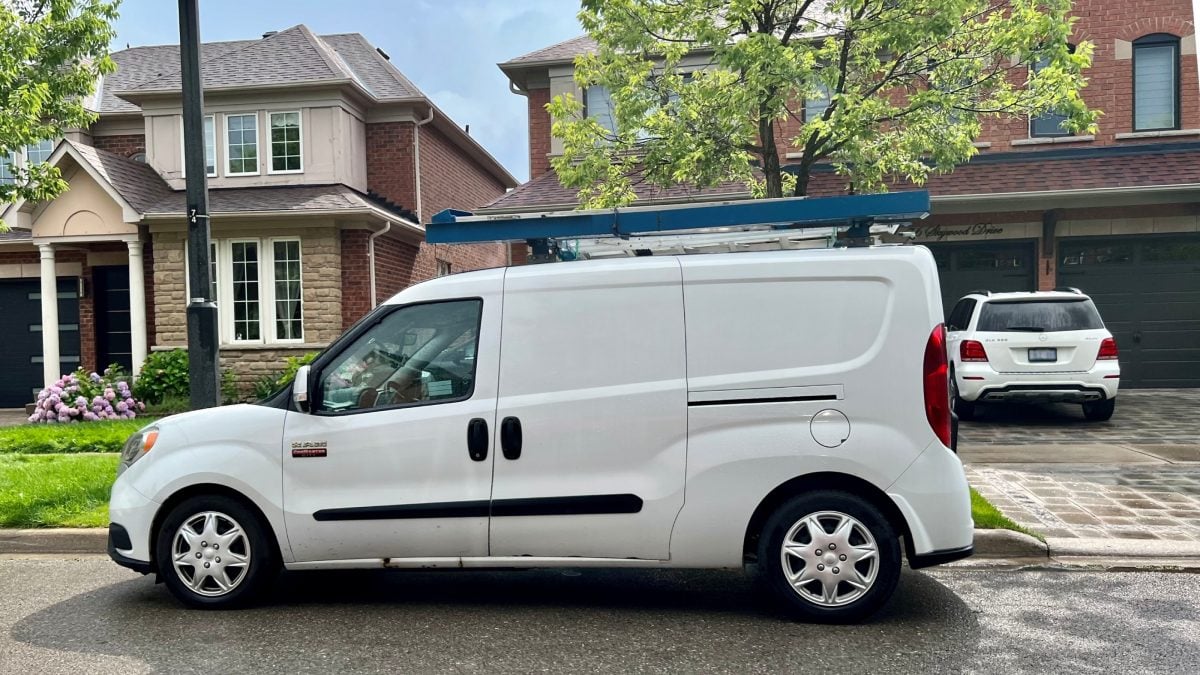As electric vehicles gain traction in America and worldwide, the need for accessible and reliable charging infrastructure becomes increasingly vital. Behind the scenes, EV charger installation contractors play a pivotal role in bringing these charging stations to life. However, these contractors face unique challenges in their efforts to meet the growing demand for EV charging solutions. In this article, I will delve into the hurdles faced by EV charger installation contractors, shedding light on the complexities and intricacies of their work.
Limited Knowledge and Experience
The rapid rise of EV adoption has outpaced the industry’s ability to educate and train sufficient numbers of qualified professionals. Many existing electrical contractors may lack the specific knowledge and experience required to install EV chargers effectively. Unlike traditional electrical work, EV charging infrastructure requires specialized training and familiarity with the unique requirements of these systems. As a result, contractors often face a shortage of skilled personnel, leading to delays and challenges in meeting the increasing demand for EV charger installations.
Site Assessment and Electrical Capacity
Installing EV charging stations involves more than just connecting cables to a power source. It requires a thorough assessment of the site’s electrical capacity and infrastructure. In many cases, existing electrical systems may need upgrades to accommodate the additional load required by EV chargers. Contractors must evaluate the site’s electrical capacity, including the main electrical panel, wiring, transformers, and other components. This process can be time-consuming and may require collaboration with electric utility companies to ensure a safe and reliable installation.
Permitting and Regulatory Compliance
Navigating the landscape of permits and regulatory requirements is a significant challenge for EV charger installation contractors. Each jurisdiction may have its own set of regulations and guidelines for installing charging stations, making compliance a complex and time-intensive process. Contractors must ensure that the installation meets local building codes, electrical standards, and safety regulations. Obtaining the necessary permits and approvals from municipalities can involve lengthy paperwork, inspections, and coordination with multiple stakeholders, further adding to the project timeline and complexity.
Infrastructure Limitations
In some cases, the existing infrastructure poses challenges to the installation of EV chargers. Older buildings or locations without sufficient electrical infrastructure may require significant upgrades to support the charging stations. This can involve trenching, installing new electrical equipment, and coordinating with utility companies for grid upgrades. Overcoming these infrastructure limitations adds to the complexity and cost of EV charger installations, particularly in areas where the electrical grid may already be strained.
Balancing Cost and Accessibility
One of the critical challenges faced by EV charger installation contractors is striking a balance between cost and accessibility. While the demand for charging infrastructure continues to grow, budgetary constraints can limit the number and accessibility of charging stations. Contractors must carefully evaluate the cost of equipment, installation, and maintenance, considering the financial viability for both the clients and their own businesses. This delicate balancing act often requires creative solutions, such as optimizing the installation process, exploring funding options, and leveraging partnerships to maximize the impact of available resources.
Evolving Technology and Standards
The EV charging industry is constantly evolving, with new technologies, standards, and protocols emerging regularly. Staying up-to-date with the latest advancements and understanding compatibility requirements is a significant challenge for installation contractors. As charging speeds increase, the need for more powerful infrastructure and advanced equipment arises. Contractors must invest in continuous education and training to keep pace with the evolving landscape, ensuring they can deliver efficient and future-proof charging solutions to their clients.
What’s Next?
It is essential for industry stakeholders, governments, and training institutions to recognize these challenges and provide support to EV charger installation contractors. By investing in training programs, streamlining permitting processes, and incentivizing the adoption of EV charging infrastructure, we can help alleviate these challenges, accelerate the transition to sustainable transportation, and pave the way for a greener future.
As we collectively strive toward a cleaner and more sustainable world, let us acknowledge and appreciate the vital role that EV charger installation contractors play in shaping the future of transportation. Their dedication, expertise, and perseverance are instrumental in driving the growth and accessibility of EV charging infrastructure, ultimately contributing to a greener, cleaner, and more connected future for all.
Justin Walsh – Solar Energy Consultant

Justin Walsh is an experienced professional in the electrical construction industry, with a diverse background that spans over a decade. With his expertise and hands-on experience in electrical systems, project management, and renewable energy, Justin is dedicated to driving the growth and adoption of sustainable energy solutions. Justin is based out of Tampa, Florida.

